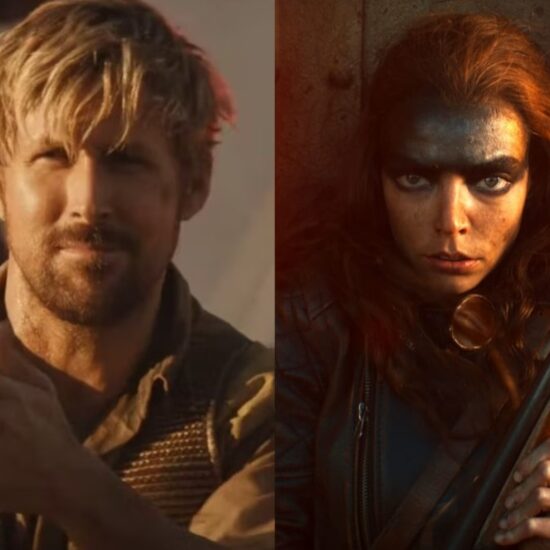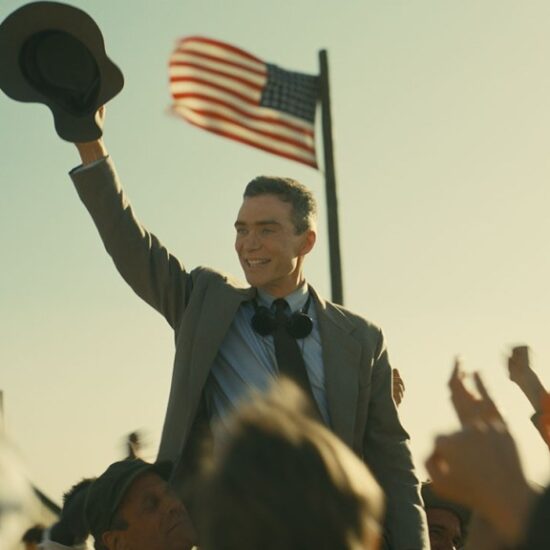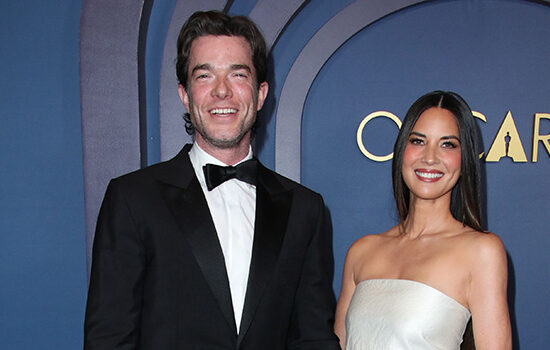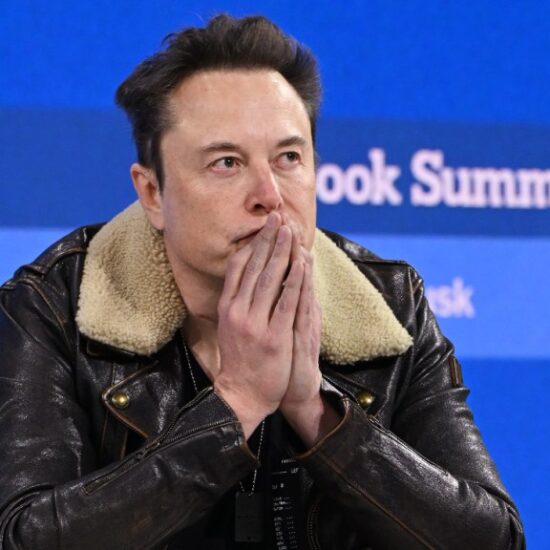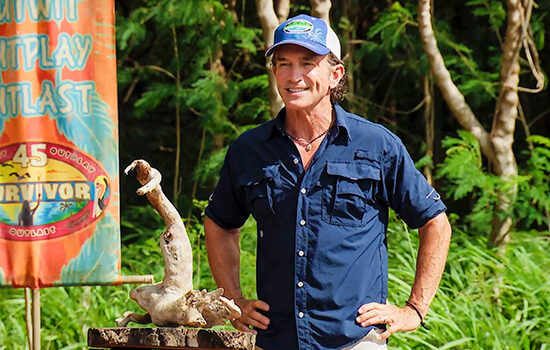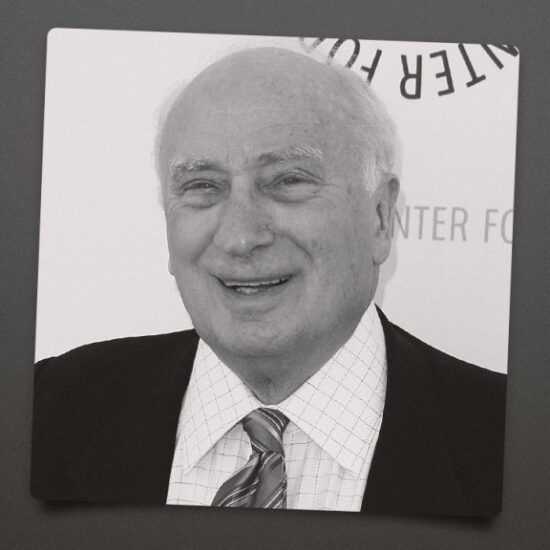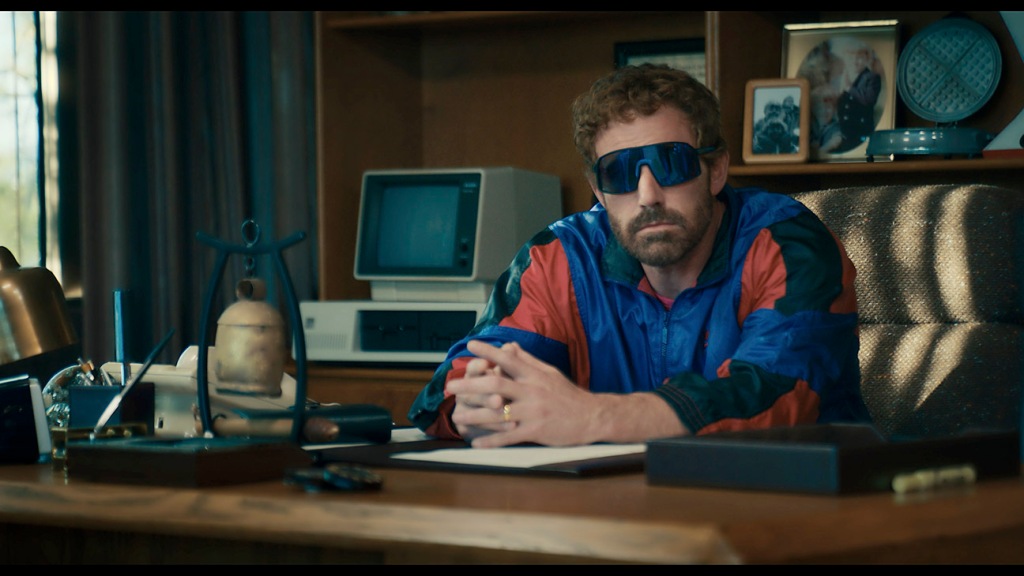
Ben Affleck’s Air operates in a respectful and deeply reverential register when it comes to its subject, his family and the sport in which he made his legacy. The film, which premiered at SXSW, chronicles the tense Nike campaign to sign Michael Jordan, then an NBA rookie, to his first sneaker deal in 1984. That contract, closed a year before the first Air Jordans were sold to the public, changed Nike’s reputation and altered the way players negotiated brand deals.
Movies about corporate legalities and closed-door meetings are rarely anyone’s idea of a good time, but there are ways to inject them with energy. Tetris, for example, which also premiered at SXSW this year, took the genre route, turning the history of a video game licensing battle into a Cold War thriller. In Air, Affleck attaches himself to the sentimental, reaching for a narrative that recasts the deal between Jordan and Nike as the story of legendary Nike executive Sonny Vaccaro (Matt Damon) trying to win over the player’s mother, Deloris (Viola Davis). That direction allows Affleck, who plays Nike CEO Phil Knight in the film, to organize Air around the broad, feel-good themes of a standard sports drama despite no on-the-court action.
Air
The Bottom Line
Not a slam dunk, but scores enough points.
For most audiences, Air will be worth seeing just for the starry cast — particularly the reunion between Damon and Affleck. Their scenes possess a kinetic and intimate dynamism that the rest of the film approaches but doesn’t always match. The old friends are magnetic as Sonny — who’s in charge of the company’s flailing basketball division — and Phil try to take Nike to the next level. (Before signing Jordan, the shoe company held a meager 17 percent of the market compared to competitors Adidas and Converse.) Their conversations take place in Phil’s appropriately retro office (the production design is by François Audouy) and offer insights into how both executives tried to balance the imagination of Nike’s scrappy roots alongside its corporate ambitions.
The film opens four years after Nike went public, a move that puts Phil at the behest of an omniscient board. In an early conversation, Phil reminds Sonny that he hired him to grow their basketball division, not tank it. Sonny responds by suggesting that going public was a mistake for the company’s ethos. The brash executive from Philadelphia functions on a different plane from his zen-aspiring boss, who believes in focus groups and methodology. Affleck plays Phil’s contradictions — the man’s simultaneous slavish devotion to the bottom line and obsession with Buddhism — as one of the film’s running jokes.
Phil and Sonny’s divergent ideologies come to a head when Sonny proposes putting all of the fledgling division’s money on Michael Jordan. The boss disagrees, and he’s not the only skeptic. His colleagues Howard White (Chris Tucker), Rob Strasser (Jason Bateman) and George Raveling (Marlon Wayans), one of Jordan’s coaches at the 1984 Olympics, all try to dissuade him. The dynamics within this group of coworkers and friends offer most of the film’s comedic relief while also helping us deepen our understanding of Nike’s philosophy. When they are later joined by Peter Moore (Matthew Maher), Nike’s creative director, the film applies — wonderfully — the poetic reverence usually reserved for portraying the sport in these types of dramas to the process of designing a shoe.
Sonny isn’t one to take no for an answer or ignore his instincts. After a crucial call with Jordan’s agent, David Falk (a hilarious Chris Messina), Sonny flies from Oregon to North Carolina to court Jordan’s parents. Deloris (Davis) and James (Julius Tennon) turn out to be a tougher crowd than Sonny anticipated. They are immune to his salesman charm and unfazed by his dramatic entrance onto their property. Deloris, especially, demands a quiet respect, which Sonny, in awe, gives her.
Their conversations — it’s a talky movie — mark a turn in Air. His questions appeal to the value Deloris places on family, fairness and the unquestionable greatness of her son. Affleck films these scenes in close-ups meant to invoke the developing mutual appreciation between the two parties, but the screenplay (by Alex Convery) makes it hard to buy. Although Deloris gets a considerable amount of screen time, her character doesn’t feel developed enough to carry the full weight of Air’s dramatic aspirations. Davis gives us a sense of this woman’s interiority through raised eyebrows, questioning stares and the rare smile of approval, but it feels like she’s working with a skeletal figure. An argument could be made that this minimalism is a way of communicating the quiet power of Deloris, a woman whom Jordan credits for who he is. But there’s not enough there to keep her from feeling more like a composite of characters we’ve seen before than a person with specific experiences.
And those experiences matter. Sonny and Deloris are bound by a profound and unwavering belief in Jordan, but, as she suggests during one conversation, his strong sense of self is a product of the lessons she has taught him. It’s Deloris’ and her son’s understanding of their worth that leads them to negotiate a contract giving Jordan a percentage of the revenue from Air Jordan sales.
Beneath the sentimentalism of Air are hints of an even more compelling thread: How do you compensate people in a society organized around corporate greed? The film’s third act highlights and circles the notion of equity. Jordan’s contract changed the way players made money from brand deals. A note right before the closing credits informs us that Sonny would play a critical role in taking on the N.C.A.A. and helping college athletes get paid for commercial use of their likeness. All of this feels prescient considering Affleck’s recent venture: Last year, he and Damon started Artists Equity, a production company that operates on a profit-sharing model in hopes of creating better deals for everyone employed to make movies. It makes Air feel like a letter of admiration — to Jordan, his family, the tenacious execs at Nike — and a statement of Affleck’s future intentions.
Full credits
Venue: SXSW Film Festival (Headliners)
Distributor: Warner Bros.
Production companies: Amazon, Artists Equity, Mandalay Pictures, Skydance Media
Cast: Matt Damon, Ben Affleck, Jason Bateman, Chris Messina, Matthew Maher, Marlon Wayans, Chris Tucker, Viola Davis, Gustaf Skarsgård, Julius Tennon
Director: Ben Affleck
Screenwriter: Alex Convery
Producers: David Ellison, Jesse Sisgold, Jon Weinbach, Ben Affleck, Matt Damon, Madison Ainley, Jeff Robinov, Peter Guber, and Jason Michael Berman
Executive producers: Dana Goldberg, John Graham, Don Granger, Kevin Halloran, Michael Joe, Jordan Moldo, Jesse Sisgold, Peter E. Strauss, Drew Vinton
Cinematographer: Robert Richardson
Production designer: François Audouy
Costume designer: Charlese Antoinette Jones
Editor: William Goldenberg
Music: Andrea von Foerster
Casting directors: Lindsay Graham, Mary Vernieu
Rated R,
1 hour 52 minutes








